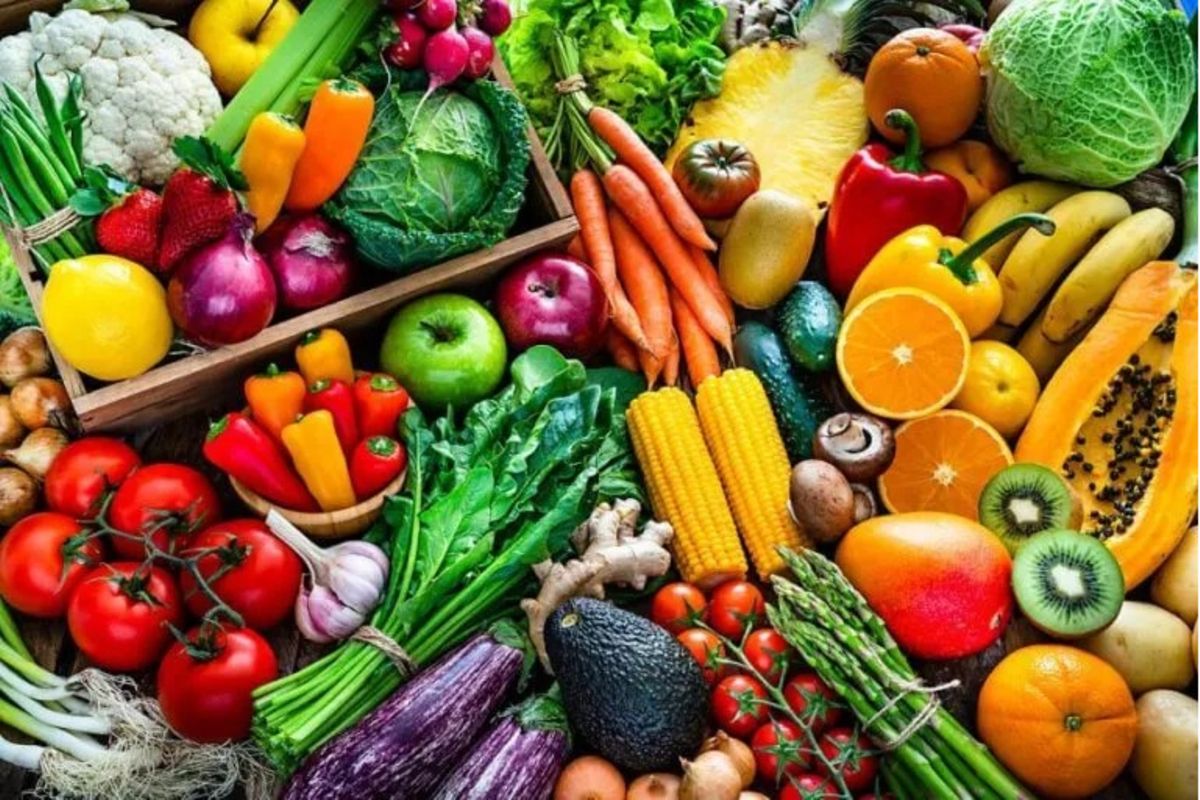Tanzania’s agriculture is undergoing a major transformation, with horticulture now leading the way as the country’s top export earner.
Fresh produce such as fruits, vegetables, and flowers have overtaken traditional cash crops in generating foreign exchange, marking a significant shift in the nation’s agricultural landscape.
According to the latest figures from the Bank of Tanzania (BoT), earnings from horticultural exports reached $569.3 million in 2024. This performance surpassed traditional crops like tobacco, which brought in $517.1 million, as well as cashew nuts, oil seeds, and coffee.
A Changing Agricultural Landscape
For years, crops like tobacco, coffee, and cashews were the backbone of Tanzania’s agricultural exports. However, horticulture’s rapid rise signals a shift towards more diverse and sustainable farming. The growing demand for fresh produce in international markets, combined with improved farming techniques and better export infrastructure, has fueled this transformation.
Tanzania’s favorable climate allows farmers to grow a variety of fruits and vegetables year-round, making the country a reliable supplier to global markets. Additionally, government policies supporting smallholder farmers and private-sector investments in modern irrigation, cold storage, and transport logistics have played a key role in boosting exports.
Export Earnings from Key Agricultural Products (2024):
- Horticultural Products – $569.3 million
- Tobacco – $517.1 million
- Cashew Nuts – $422.8 million
- Oil Seeds – $307.4 million
- Coffee – $295.5 million
- Cereals – $273.4 million
- Fish and Fish Products – $176.1 million
Why Horticulture Is Growing
One of the main drivers of this growth is the rising demand for fresh and organic produce worldwide. Export markets in Europe, the Middle East, and Asia have increased their imports of Tanzanian fruits, vegetables, and flowers due to their quality and competitive prices.
At the same time, shifting global attitudes toward tobacco have impacted its long-standing dominance. Stricter regulations and health concerns have slowed demand for tobacco exports, while cashew nut and coffee prices have been fluctuating, making horticulture a more stable and attractive sector.
Also Read; Russia Strikes Ukraine’s Power Plant
Amid Winter
Challenges and the Way Forward
Despite its success, the horticulture industry still faces hurdles. Maintaining consistent quality, dealing with pests and diseases, and meeting international standards are challenges that require ongoing investment and innovation. Expanding cold storage facilities, improving road networks, and simplifying export procedures could further strengthen the sector.
Government support and partnerships between farmers, exporters, and investors will be crucial in sustaining this momentum. If these efforts continue, horticulture could cement its place as the backbone of Tanzania’s agricultural economy, providing jobs, boosting rural incomes, and strengthening the country’s position in global markets.
With its steady growth and strong international demand, horticulture is shaping up to be the future of Tanzanian agriculture—one that not only earns foreign exchange but also ensures long-term sustainability for farmers and the economy.







